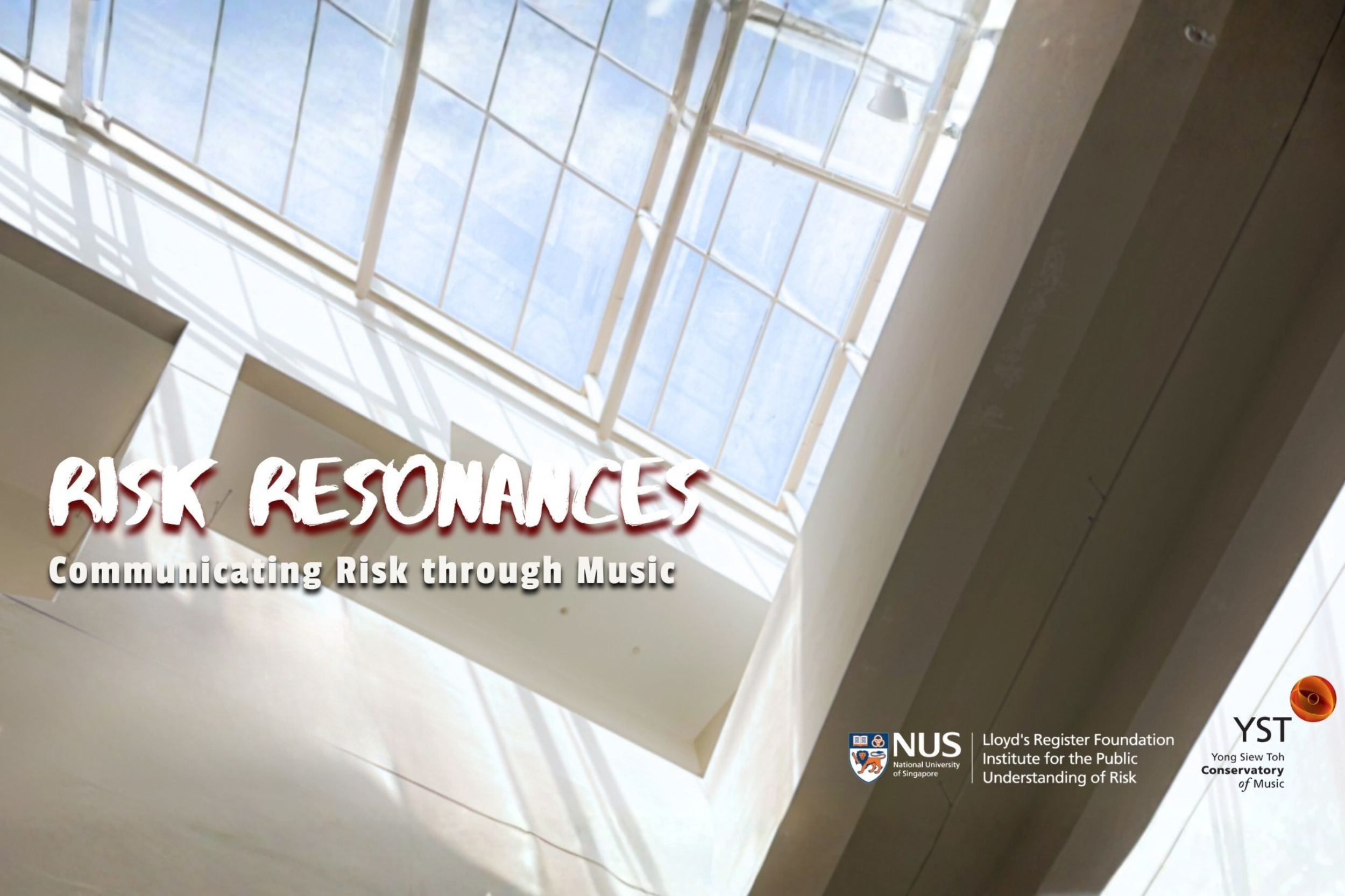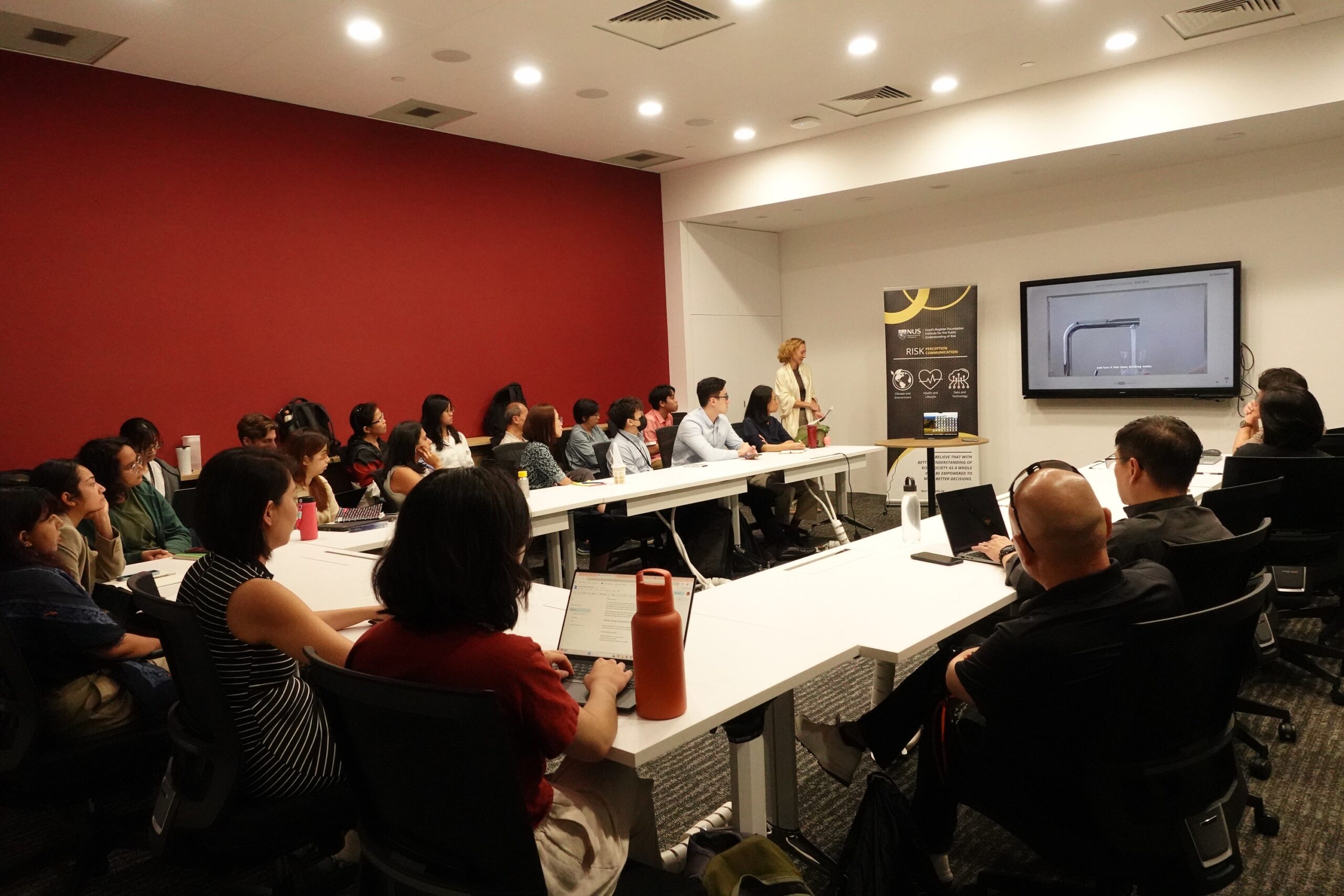NEWS
The role of scientific information in consumers’ risk perceptions, judgments, and decisions
The 30+ years since the seminal work of leading researcher Paul Slovic (1987, 2020) on risk perception have seen the arrival of instant communications and the fourth industrial revolution (AI, IoT, genetic engineering, etc.). These advancements, along with the rapidly evolving cultural and socioeconomic environment, have transformed the risk landscape substantially. Against this backdrop, IPUR convened a workshop at the 12th Triennial Invitational Choice Symposium titled “Consuming (and Communicating) Risk-Related Information for a Better World”.
Examining the role of scientific information (and claims) in consumers’ risk perceptions, judgments, and decisions, the workshop, held from 9-12 August at the INSEAD Campus, in Fontainebleau, France, assembled an international multidisciplinary team of domain experts to dive more deeply into the extant volatile, uncertain, complex, ambiguous (VUCA), and increasingly instantaneous information environment, how consumers navigate such an environment and engage with different types/sources of risk information in their decision-making, and how risk-related information can be more effectively communicated by researchers, experts, and policymakers, in line with the United Nations Sustainable Development Goals (SDGs). Specifically, the working group focused on three goals more directly related to consumers’ daily risks and choices: SDG 3 (Good health and well-being), SDG 12 (Responsible consumption and production), and SDG 13 (Climate action).
Some questions which were examined included:
- Under what conditions do people incorporate scientific information about risk and claims about science into their consumption decisions?
- What factors drive/moderate consumers’ cognitive and emotional engagement with scientific (or pseudo-scientific) information (e.g., decision domain, source of information, information channel, level of complexity, degree of uncertainty)?
- How can domain experts (with deep knowledge of relevant science) best convey risk information to consumers in ways that align consumers’ choices with the SDGs?


